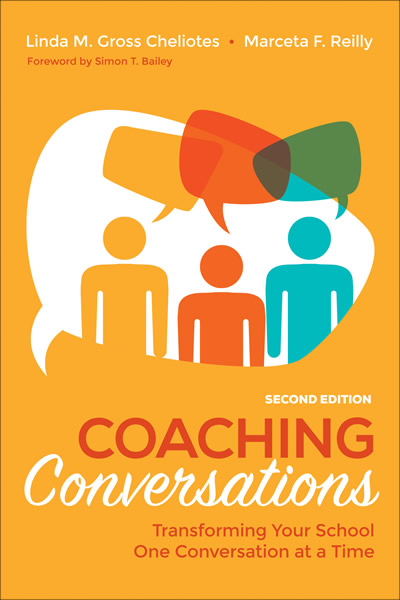 Recently I was talking with a coaching client from a school district having budget hearings. He was feeling really beat up and stressed about all the changes swirling around his school district. And now in order to address serious budget shortfalls, he was having to propose deep cuts in staffing, programs and materials
Recently I was talking with a coaching client from a school district having budget hearings. He was feeling really beat up and stressed about all the changes swirling around his school district. And now in order to address serious budget shortfalls, he was having to propose deep cuts in staffing, programs and materials
At the hearing everyone had an agenda and it was all about keeping their piece of the pie safe—
- Save my job—it serves an important purpose to the program!
- Save my program—look at all the kids it helps!
- All these resources are essential to do our job right!
There is so much passion in this kind of testimony. Each party blaming and disparaging others. It’s hurtful and very painful, both personally and for the school district. Some people can never forgive, let alone forget! Some districts take years to heal after such gut-wrenching opposition.
As an executive coach, how do you help others navigate through such stormy times while still keeping their personal integrity and the company mission intact? Here are three great insights my client had.
- Know thyself well. During the most stressful times in your life, always return to your four key cornerstones or core values. These are your natural strengths. When you show up focusing on communicating these values in your body language as well as your communication, you come across as authentic, grounded, and real. People then begin to understand you are not trying to manipulate them, deceive them, or politically out-maneuver them. The problem is not about you. It is outside of you. In order to get the problem solved, everybody needs to bring their authentic selves to the table.
- Listen deeply and Increase engagement. Yes, people have to be given bad news and told about difficult-to-accept new expectations. But people also have to be heard, especially in these situations. What are the greatest challenges they will face with this decision? What are they worried about? What do they care about? Unfortunately, leaders sometimes decrease communication with staff when tension is high because they don’t want to face the confrontation. But rather than stopping the pot from boiling, this response only makes the passion grow stronger and more intense. People feel ignored and their experience undervalued. It may be counter-intuitive, but heightening the engagement and the listening is most important in helping staff work through difficult decisions.
- Pose possible reframes in perspectives. Kegan and Lehay in their book Immunity to Change suggest that if we listen deeply to what others complain about, we can “hear the underlying river of emotion” that tells us what they care about. Then when you speak, speak to what they care about—not what they are complaining about. More than anything else, this helps people know they have been heard and understood. That is what they care about. They may not like your final decision, but they will know their perspective was considered.
What are some insights you have gained from your experiences of working with clients who are navigating the whitewater of change?









Comments on this entry are closed.